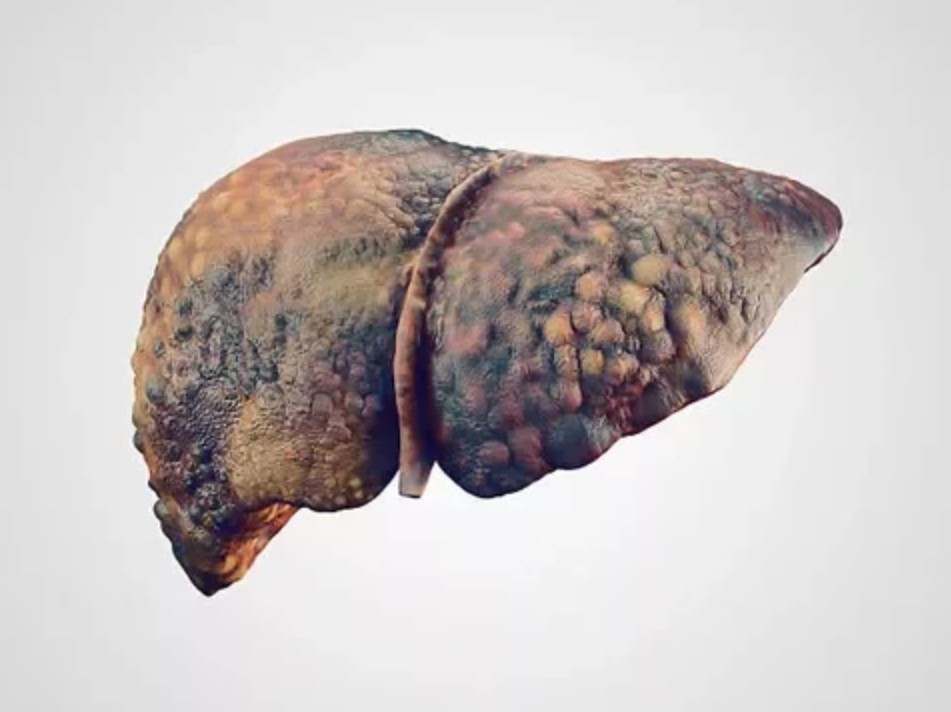Too much sugar isn’t just bad for your
th. It can harm your liver, too. The organ uses one type of sugar, called fructose, to make fat. Too much refined sugar and high-fructose corn syrup causes a fatty buildup that can lead to liver disease.2.
al Supplements
Even if the label says “natural,” it may not be OK for you. For instance, some people take an herb for menopause symptoms or to help them relax. READ FULL STORY HERE>>>CLICK HERE TO CONTINUE READING>>>
But studies show that it can keep the liver from working right. That can lead to hepatitis and liver failure.3. The extra fat can build up in your liver cells and lead to non-alcoholic fatty liver disease (NAFLD). As a result, your liver may swell. Over time, it can harden and scar liver tissue (doctors call this cirrhosis).4. Too Much “Vitamin A” From Supplements
Your body needs vitamin A, and it’s fine to get it from plants such as fresh fruits and vegetables, especially those that are red, orange, and yellow.
But if you take supplements that have high doses of vitamin A, that can be a problem for your liver.5. Soft Drinks
Research shows that people who drink a lot of soft drinks are more likely to have non-alcoholic fatty liver disease (NAFLD). Studies don’t prove that the drinks were the cause. But if you down a lot of sodas and have been meaning to cut back, this could be a good reason to switch what you sip.6. Acetaminophen
You’ve got a sore back, or a headache, or a cold, and you reach for a pain reliever. Be sure to take the right amount! If you accidentally take too much of anything that has acetaminophen, for instance, a pill for your headache and something else for your cold, and both have acetaminophen in it – it can harm your liver.7. Trans Fats
Trans fats are a man-made fat in some packaged foods and baked goods. (You’ll see them listed as “partially hydrogenated” ingredients). A diet high in trans fats makes you more likely to gain weight. That’s not good for your liver.8. Mistakes Happen
A doctor or nurse gets nicked by a needle they’ve used on a patient. The needle isn’t the problem. It’s what’s on it. Hepatitis C can spread through blood.EVeryone should be tested at least once in a lifetime after the age of 18 years except in settings where the prevalence of HCV infection (HCV RNA-positivity) is less than 0.1%.


















